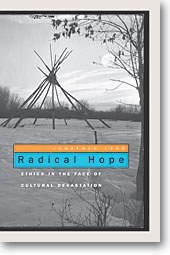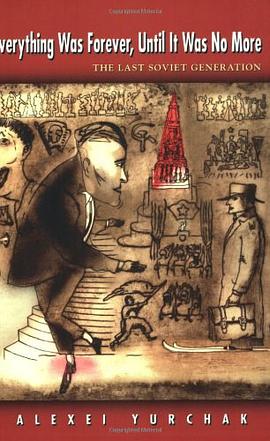Whether we’re talking about climate change, genocide, nuclear war, or millenarianism, there tends to be an assumption that the end of the world is something extraordinary - a leap out of the everyday we currently inhabit. This is followed by the claim that we have no language or genre by which to express this end and must invent. Yet these assumptions are contestable. When we look more closely at our current forms of life, we find an aesthetics of the end embedded within them. It is through our discourses, gestures, affects, even silences, by which we enact various ends and cuts in ordinary life. But the central knot of envisioning the end as such is that of course it cannot be experienced, making these ordinary endings suffused with denial and elaborate claims of infinity, melancholia over the limits of knowledge, extensions of perception and exertions of prophesying. This seminar will explore the central tension between the assumption that the end must be extraordinary and simultaneously that the end cannot be fully experienced through articulations, signs, traces, and aesthetic forms that are present in the ordinary and our ecologies. It will combine a recent spate of meditative writings on the end of the world or worlds, notably Jonathan Lear’s Radical Hope: Ethics in the Face of Cultural Devastation, David Scott’s Irreparable Evil: An Essay in Moral and Reparatory History and Déborah Danowski and Eduardo Viveiros de Castro’s The Ends of the World, with ethnographies that explore various ends (of an political system, kinship, or a habitable world), specifically: Alexei Yurchak’s Everything Was Forever, Until It Was No More, Stefania Pandalfo’s Impasse of Angels: Scenes from a Moroccan Space of Memory and Adriana Petryna’s Horizonwork: At the Edges of Knowledge in an Age of Runaway Climate Change to explore how such an aesthetics of the end finds expression within the ordinary and even risks unintelligibility, or madness, in calling back a world in retreat. We will end by reading Èdouard Glissant’s Poetics of Relation for its hopeful perspectives on traversing such abysses.


